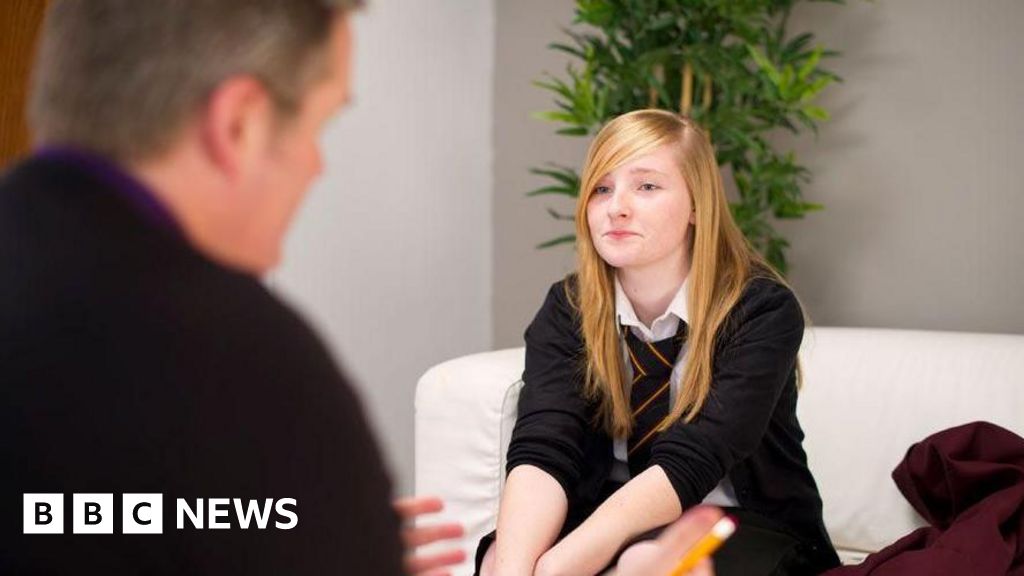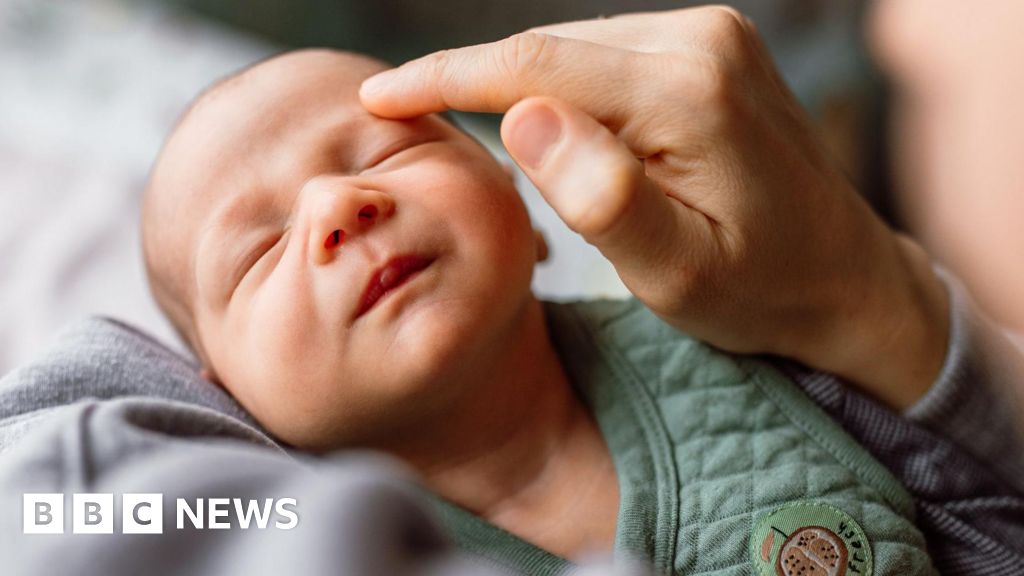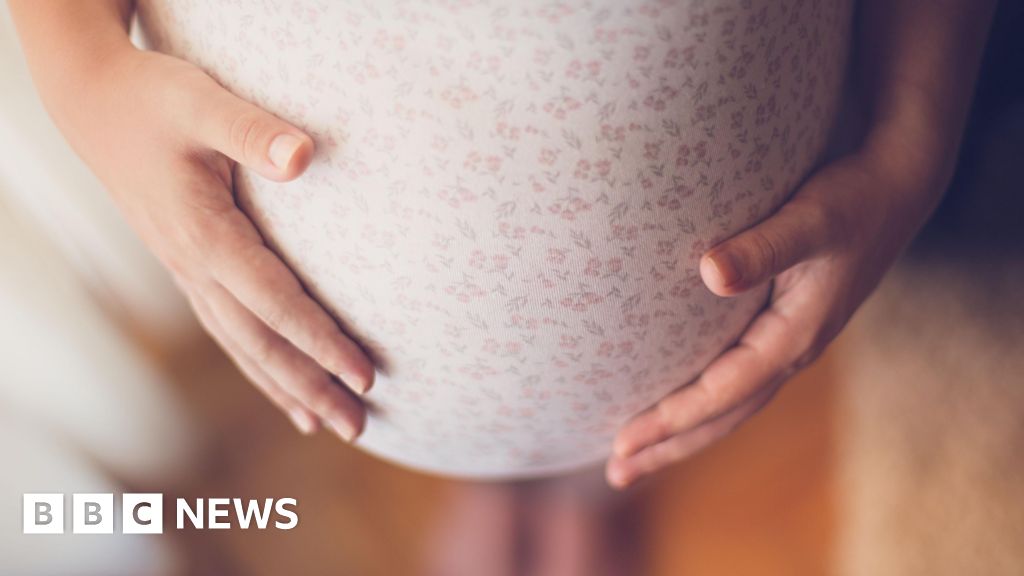ARTICLE AD BOX
By Nick Triggle
Health correspondent
Image source, Getty Images
The UK's failure to do more to stop Covid spreading early in the pandemic was one of the worst ever public health failures, a report by MPs says.
The government approach - backed by its scientists - was to try to manage the situation and in effect achieve herd immunity by infection, it said.
This led to a delay in introducing the first lockdown, costing lives.
But the report by a cross-party group said there had been successes too - in particular the vaccination programme.
It described the whole approach - from the research and development through to the rollout of the jabs - as "one of the most effective initiatives in UK history".
The findings are detailed in the long-awaited report from the Health and Social Care Committee and the Science and Technology Committee, which contain MPs from all parties.
Across 150 pages, the committees cover a variety of successes and failings over the course of the pandemic, which has claimed more than 150,000 lives to date and is described by the MPs as the "biggest peacetime challenge" for a century.
Tory MPs Jeremy Hunt and Greg Clark, who chair the committees, said the nature of the pandemic meant it was "impossible to get everything right".
"The UK has combined some big achievements with some big mistakes. It is vital to learn from both," they added in a statement to accompany the report.
A government spokesperson said lessons would be learned, which was why there would be a full public inquiry next year.
He added: "We have never shied away from taking quick and decisive action to save lives and protect our NHS, including introducing restrictions and lockdowns.
"Thanks to a collective national effort, we avoided NHS services becoming overwhelmed."
But Labour's shadow health secretary Jonathan Ashworth said the findings were "damning" and showed what "monumental errors" had been made.
The committee did not look at the steps taken individually by Wales, Northern Ireland and Scotland.
Lockdown delay mistake - but scientists to blame too
When Covid hit, the government's approach was to manage its spread through the population rather than try to stop it - or herd immunity by infection as the report called it.
The report said this was based on dealing with a flu pandemic, and was done on the advice of its scientific advisers on The Scientific Advisory Group for Emergencies (Sage).
But the idea was not challenged enough by ministers in any part of the UK, indicating a "degree of group-think".
Although to some degree other parts of Europe were guilty of this too, the MPs said.
It meant the country was not as open as approaches being taken elsewhere, such as Asia where countries imposed tight border controls as soon as Covid started circulating.
The result was that too little was done in the early weeks to stop Covid spreading, despite evidence from China and then Italy that it was a virus that was highly infectious, caused severe illness and for which there was no cure.
The committees said it ranked as "one of the most important public health failures the UK has ever experienced".
The advice from scientists changed on 16 March 2020, but it was only a week later that a lockdown was announced.
The report said it was now clear the whole approach was wrong and led to a higher initial death toll.
The MPs also highlighted how ministers in England rejected scientific advice to have a two-week "circuit-breaker" in the autumn.
They said it was impossible to know whether that would have prevented the second lockdown in November, although they pointed out it had not in Wales.
The 'slow and chaotic' start for Test and Trace
The UK was one of the first countries in the world to develop a test for Covid in January 2020, but despite this failed to translate that into an effective test-and-trace system during the first year of the pandemic.
Testing in the community stopped in March 2020 and for weeks during the first peak only those admitted to hospital were tested.
It was not until May that the NHS Test and Trace system was launched in England, but the report described its start as "slow, uncertain and often chaotic".
It said the system was too centralised, only later making use of the expertise in local public health teams run by councils.
But it did praise the target set by Health Secretary Matt Hancock to get to 100,000 tests a day by the end of April, saying it played an important part in galvanising the system.
The vaccine rollout and other successes
The greatest praise though was reserved for the vaccination programme and the way the government supported the development of a number of vaccines, including the Oxford-AstraZeneca jab.
It said the whole programme was one of the most effective initiatives in history, and will ultimately help save millions of lives here and across the world.
A key step, taken early on following a suggestion from chief scientific adviser Sir Patrick Vallance, was to set up a task force that combined the talents of scientists, the NHS and the private sector led by the "bold leadership" of venture capitalist Kate Bingham.
The development of treatments, such as dexamethasone, for Covid through the UK Recovery Trial was another area where the UK's response was genuinely world-leading, the report said.
And the NHS and government were also credited with the way hospital intensive care capacity was increased to ensure the majority who needed hospital treatment received it.
How certain groups fared worse
The MPs said the pandemic had also exacerbated existing social, economic and health inequalities which would need addressing.
The report highlighted "unacceptably high" death rates in ethnic minority groups and among people with learning disabilities and autism.
For ethnic minorities, there were a variety of factors, including possible biological reasons and increased exposure because of housing and working conditions.
For people with learning disabilities, not enough thought was given to how restrictions would have a detrimental impact on them - particularly in terms of accessing health care more generally. Do not resuscitate orders were also used inappropriately.
There was a lack of priority attached to care homes too at the start of the pandemic.
The rapid discharge of people form hospital into care homes without adequate testing or isolation was a prime example of this.
This, combined with untested staff bringing infection into homes from the community, led to many thousands of deaths which could have been avoided.

 3 years ago
90
3 years ago
90








 English (US) ·
English (US) ·